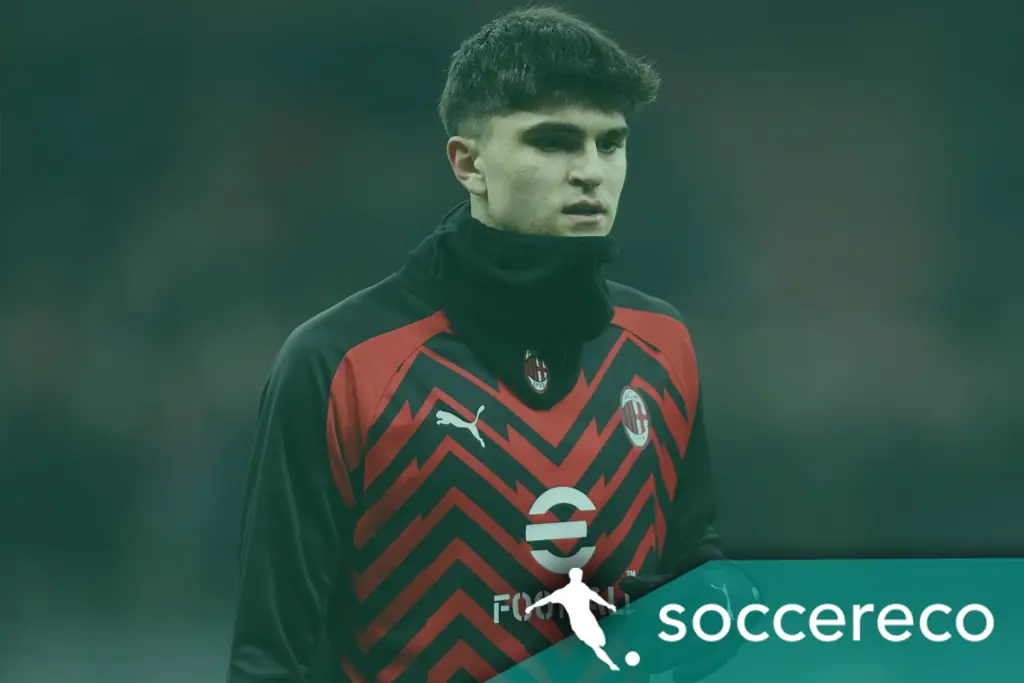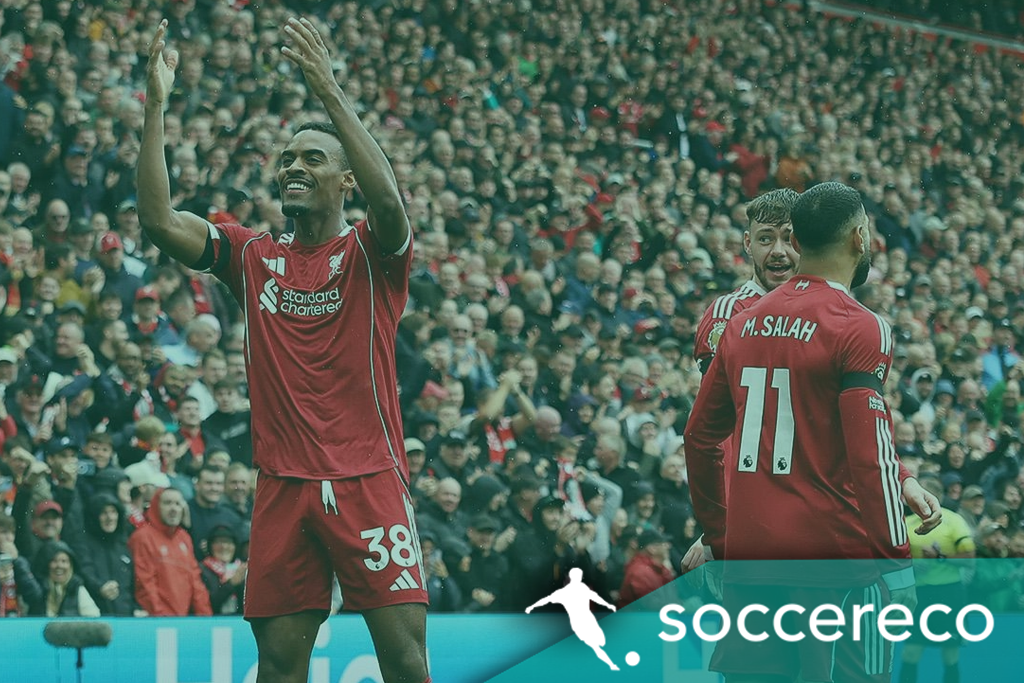La Liga, through a statement and remarks by president Javier Tebas, has strongly opposed the decision of Spain's High Sports Council (CSD) to temporarily grant Dani Olmo and Pau Víctor permission to play for Barcelona. "The president of the CSD only listens to one person."

The organizing body behind La Liga issued a statement in response to the recent decision by Spain's High Sports Council (CSD), making it clear that it disagrees with the outcome.
The decision in question granted temporary permission for Dani Olmo and Pau Víctor to be registered as Barcelona players, bypassing standard regulations. La Liga’s statement criticized the process, claiming that the decision was made without first submitting Barcelona's appeal to La Liga or the RFEF (Spanish Football Federation). This omission, according to La Liga, denied these parties the opportunity to present their arguments. Such actions have raised significant concerns within La Liga's leadership, prompting them to respond with a series of measures to address the situation.
As a direct consequence of these developments, La Liga has announced its intention to conduct a thorough investigation into the decision-making process of the CSD. The league is exploring the possibility of appealing the decision, though it emphasized that it first needs to review the arguments presented by Barcelona to the CSD, which were allegedly not shared with either La Liga or the RFEF during the process. This procedural anomaly, according to La Liga, is highly irregular and undermines the transparency and fairness expected in such cases. While La Liga's official statement maintained a tone of political correctness, its president, Javier Tebas, has not shied away from expressing his personal frustrations in a more direct and critical manner.
Tebas took to the social media platform X to voice his concerns, highlighting several troubling aspects of the case. Among his criticisms, Tebas pointed out the unusually rapid pace at which the decision was reached, calling it highly suspicious and uncharacteristic of such proceedings. He described the speed of the process as deeply concerning and suggested that it raised questions about the motivations and methods behind the CSD’s actions. Tebas went further, accusing the CSD of ignoring established precedents and acting incompetently, a critique he framed as part of a larger pattern of behavior. According to Tebas, this was not the first instance of the CSD handling such matters poorly.
In his statement, Tebas questioned whether the CSD had deliberately chosen to exclude La Liga's regulations from its considerations in this case. He suggested that this exclusion was not accidental, implying that there may have been deliberate efforts to bypass La Liga's established systems. Without explicitly naming anyone, Tebas hinted at foul play, stating that it appears as though the CSD particularly its president has been working to undermine La Liga’s authority. He suggested that the CSD president seems to listen to only one voice, one that does not represent the broader interests of Spanish professional football. While Tebas did not specify who he was referring to, his comments have sparked widespread speculation in Spanish media.
The ambiguity of Tebas's remarks has led to a flurry of theories about who he might be targeting. Some speculate that Tebas’s remarks are aimed at Barcelona president Joan Laporta, given the context of the decision benefiting Barcelona. However, surprisingly, others have suggested that Real Madrid may also be involved. Tebas added fuel to this speculation by concluding his statement with the rhetorical question, "Where is Real Madrid TV now?" This comment referenced the official channel of Real Madrid, which is known for its critical coverage of La Liga’s decisions. However, in this particular case involving Barcelona, Real Madrid TV has remained conspicuously silent. Spanish media have described this silence as suspicious, fueling speculation that there may be unseen dynamics at play between the clubs and the governing bodies.
The controversy has not been limited to La Liga and the CSD but has also affected other stakeholders in Spanish football. On Wednesday evening, Barcelona faced Athletic Bilbao in the Spanish Super Cup, a match that was overshadowed by the fallout from the CSD’s decision. Athletic Bilbao president Jon Uriarte openly criticized the ruling, calling it bewildering and suggesting that it undermines the integrity of Spanish football. His comments reflect a growing unease among other clubs about the implications of the CSD’s actions and the perceived favoritism towards Barcelona.
Barcelona’s response came from the club’s sporting director, Deco, who defended the organization while deflecting criticism. Deco argued that every club has its own challenges and must address them in its own way. He emphasized that Barcelona operates within the rules and does its best to navigate complex situations. Deco stated that whether the CSD’s decision was right or wrong is a matter for the courts to decide and dismissed the notion that Barcelona was granted special privileges, asserting that the club is not simply handed the right to register its players without due process.
This case has far-reaching implications for the governance of Spanish football. The apparent lack of coordination and transparency between the CSD, La Liga, and the RFEF has raised questions about the effectiveness of Spain’s football regulatory framework. Javier Tebas’s accusations of favoritism and procedural shortcuts suggest a deepening rift between La Liga and the CSD, underscoring the challenges of maintaining a fair and transparent system. Critics argue that this dispute highlights the broader issues of influence and power dynamics in Spanish football, with major clubs like Barcelona and Real Madrid often at the center of such controversies.
As the fallout continues, La Liga’s announced investigation and the potential for legal challenges promise to keep this issue in the spotlight for weeks to come. The controversy surrounding Dani Olmo and Pau Víctor’s temporary registration has become a flashpoint in the ongoing tensions between Spain’s football institutions. It reflects deeper questions about the balance of power, the role of governance, and the integrity of decision-making processes in one of the world’s most prominent football leagues.
Updated: 11:37, 9 Jan 2025








